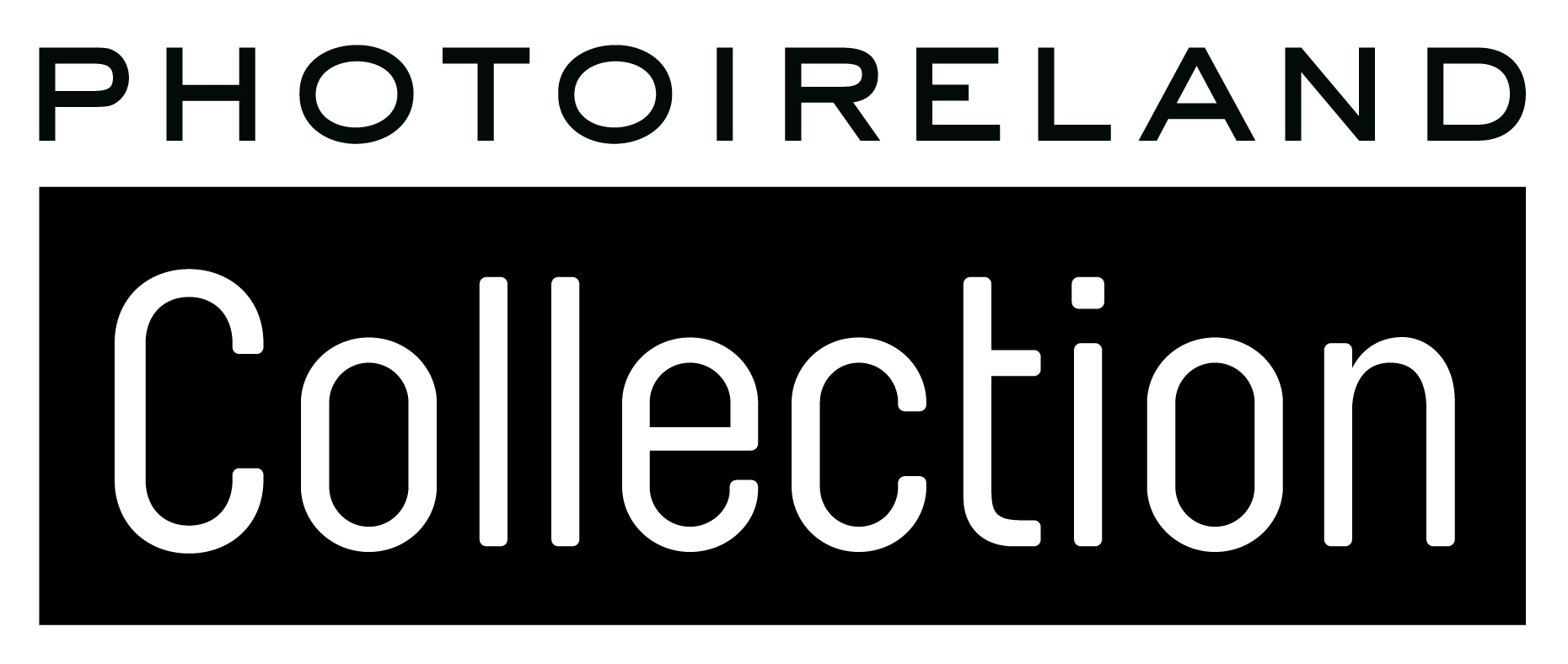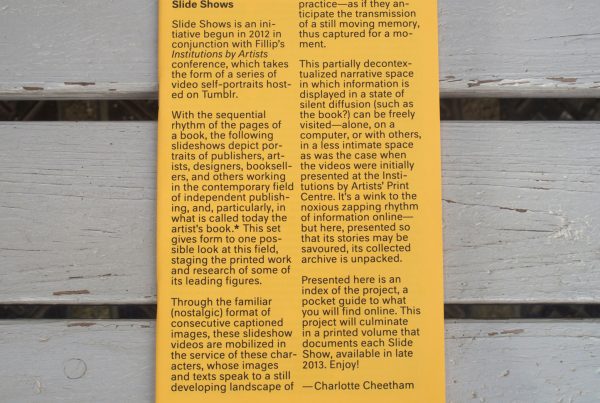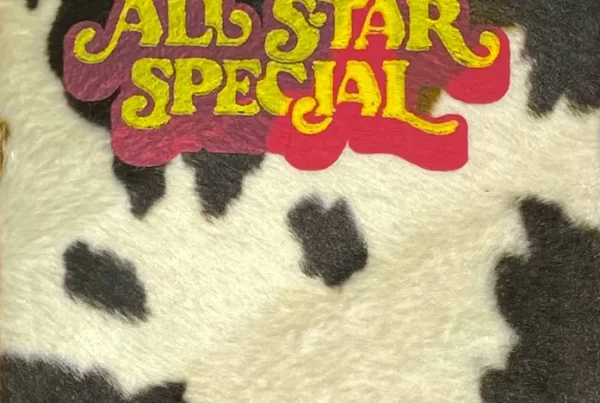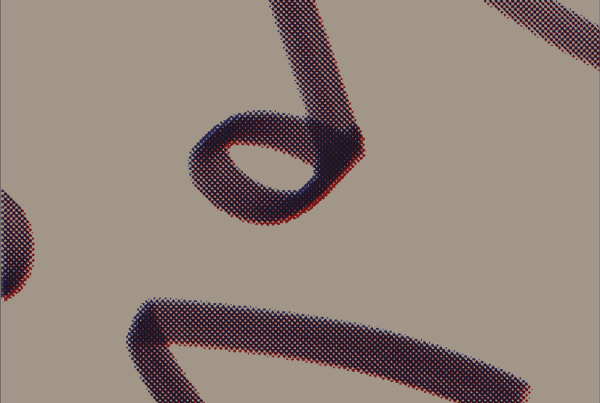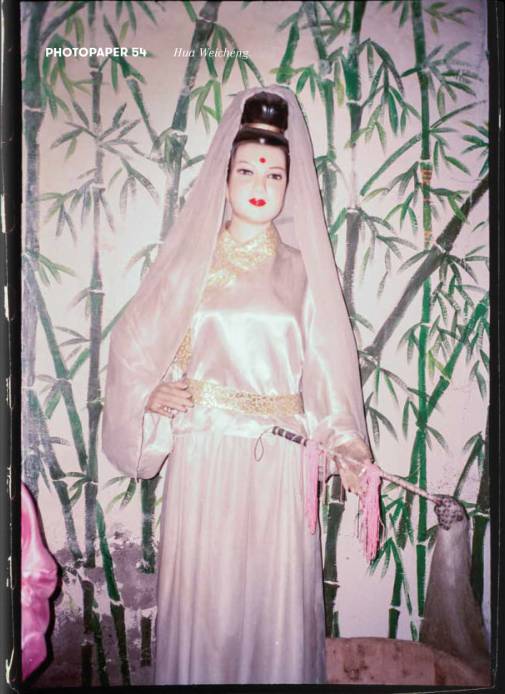
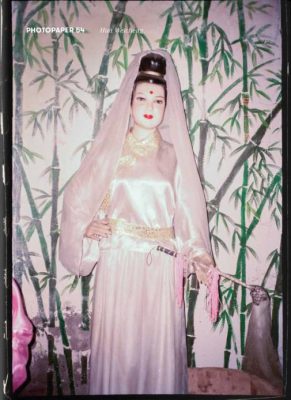 Photopaper
Photopaper
Issue 54
The Alien Street
Hua Weicheng
Kasseler Fotografie Festival
English
Nominated by Ruben Lundgren.
Softcover
20 Pages
210 x 290 mm
2020
ISBN Not Available
One of the stickers on the walls of Chongqing’s most notorious amusement parks reads: “God Bless Mexin Foreigner Street”. When you think about a central, leading figure creating any place on earth, you would be surprised if that place had any resemblance to this park. Let’s face it, there was most likely no blessing from any God when the park opened its doors in 2006. It was conceived of by real estate developers as a classy walking street focusing on expatriates and the locals who wanted to interact with them. In this optimistic vision, it was to be equipped with exotic restaurants, bars, and shops operated by members of Chongqing’s foreign population. This did not exactly work out. Except for one American sports bar and an Ethiopian women serving coffee, the park didn’t succeed in attracting much attention from foreign or Chinese visitors at the start. In time, buildings of different styles were juxtaposed with various copycat contradictions and absurdities ignoring their original aesthetics. Funny enough, this type of irrational and clumsy plagiarism paid off really well. By the early 2010s the park, open 24/7 with no entry ticket, had gained a reputation so weird that you simply had to go and see for yourself when visiting Chongqing.
In the summer of 2015, photographer Hua Weicheng met Sun Zhiguo, who lived in the park and had the nickname “the emperor of Alien Street”. In the past, Sun had been a member of a reactionary gang in southwest China, but he tumbled down the social ladder and had been wandering in the amusement park for a while. Hua was fascinated by the park: “It’s chaotic, vulgar, and provides a temporary shelter for stall vendors, scavengers, beggars, tramps, lady bodies and lunatics. Alien Street is like a dark, moist and bacterial corner, where things unfold in a spontaneous primitive state, so as to be different from the monotonous and boring urban space maintained by boasting of “civilisation” and “good habits” and standardised by reason and institutionalisation. On the one hand, it is a monster born of urban development; on the other hand, it shows the characteristics of deviating from modern urban civilisation.”
In his project Alien Street Hua Weicheng combines photography, experimental video and documentary clips shot in the park. The result can be read as a contemporary critical tribute to pragmatism, inventiveness, diversity and the weirdness of life. It’s a homage to spontaneous growth and of course to the photographer’s muse: Mr Sun. Both the photographer and his main character show us that the tasteless attractions and witty characters within the park can lift our imagination to heights only the Gods from a universes outside our own could have fabricated. – Ruben Lundgren
(source: https://photopaper.world/portfolio-item/54-hua-weicheng/)
About the Artist
Hua Weicheng (1977, Shaoyang, China) originally interested in cinematography, photographer Hua Weicheng studied film at Beijing Broadcasting Institute and obtained his MA at the Communication University of China. In 2015, his works were selected for the FORMAT International Photography Festival. With photography, video and documentary projects he pays attention to the situation of ordinary people under the multiple pressures of state and capitalistic logics. The work shown in this issue will be included at BredaPhoto 2020 within the exhibition “China Imagined” and as part of the Jimei x Arles 2020 Discovery Award exhibition.
huaweicheng.net
(source: https://photopaper.world/portfolio-item/54-hua-weicheng/)
About the Journal
PHOTOPAPER is a new kind of monographic photo publication with aa continuously changing editorial team of international experts. These guest editors name photographers or photographic projects which they would like to present to an international public. PHOTOPAPER features this work in single monographic issues of 16 or 32 pages. The main idea is to make high-quality printed photographic work accessible to as many people as possible by producing the final publication at a reasonable price. Therefore, the production process is reduced to a minimum while at the same time using high-end printing technology and a nice paper. Published on a quarterly basis.
photopaper.world
(source: https://photopaper.world/about/)
About the Publisher
The Fotobookfestival Kassel is a charitable foundation that has been engaged with the artistic medium of the photobook and has presented it in all its facets, since 2008, in a festival program of international standing. The annual festival shows works by renowned artists and promotes established and emerging talents, publishers, designers, printers, curators and booksellers on an international platform. It was the first festival of its kind dedicated to the photographic book and has founded two novel book awards: The KASSEL DUMMY AWARD for the best photobook mock-up of the year has awarded emerging talents a complete photobook-production since 2010; the KASSEL PHOTOBOOK AWARD assembles the best photobooks of the previous year nominated by international experts in the field. Books entered for both awards are showcased regularly in travelling exhibitions at international festivals and photography events. These two awards are unique in their formats and have been role models for other international festivals and events.
fotobookfestival.org
(source: https://fotobookfestival.org/fotobookfestival-kassel/)
